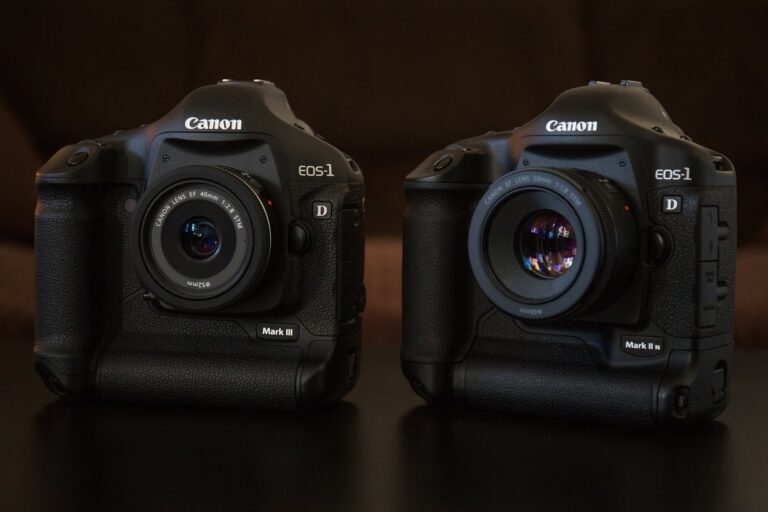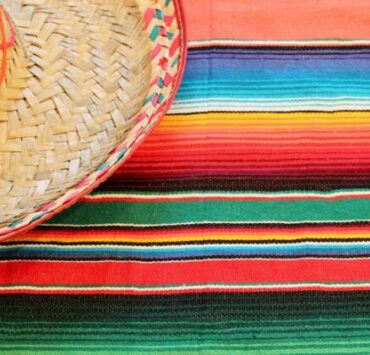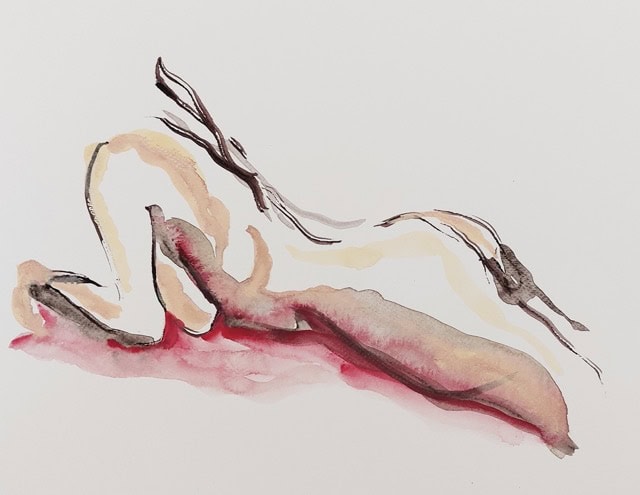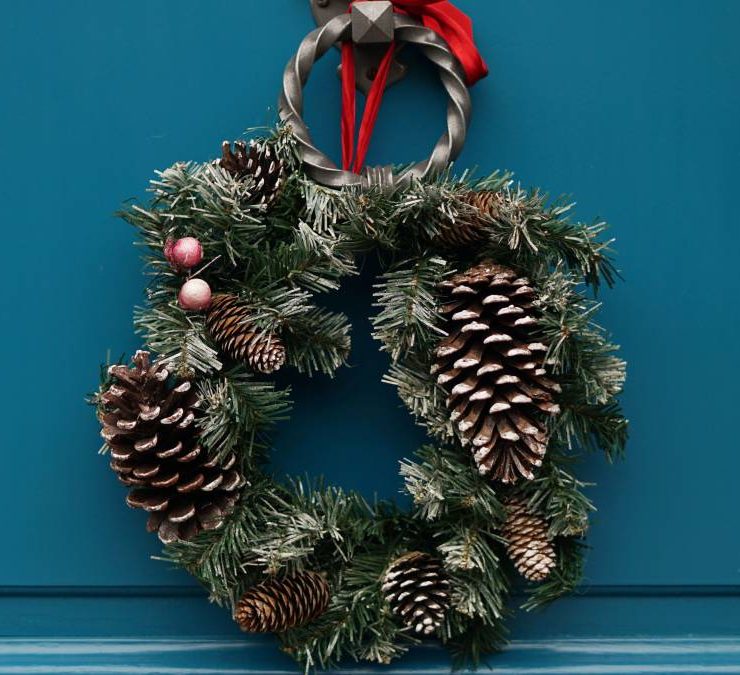Many people who buy a new camera trust the salesperson in their local electrical megastore to advise them on the best camera for their needs.
A salesperson’s natural tendency will be to sell, so you cannot be sure that the expensive camera you walk out of the store with, is what you really need. I personally have never walked into a store hoping to get advice on what to buy.
In fact, I didn’t even start out with the latest camera. My first camera was 20 years old and I loved it all the same.

Old vs. New
While this is subject to opinion, I found that a new beginner camera has less vital features than an older professional model. Here is a breakdown of what I think are professional features that make capturing better photos possible:
- A full frame sensor. This is the most critical feature. What this means is that your camera sensor is physically larger.
- This feature carries with it a serious number of perks:
low light performance. Because your sensor is bigger, it sees more light. Moreover, the pixels in the sensor are bigger too so they capture much more light and ensure a far less grainy photo. - Better dynamic range. Professionals are the ones that most commonly use full frame sensors. So, having incredible detail, consistent colour, and dynamic range are important.
- Build quality. professionals demand nothing less than exceptional build quality. I have dropped my camera a few times. Moreover, professional gear sometimes gets put through its paces such as shooting in pouring rain or during a sandstorm. Most if not all pro cameras are weather sealed (not waterproof) meaning that if you accidentally spill water on them, its fine.
- Battery life. Because pros use cameras day in, day out they require good battery life. In general, pro cameras have great battery life and even after years of use the batteries are still usable.
One major downside of a professional camera is the cost. A pro DSLR can weigh in at not insignificant $1,300 at least, with most going beyond the $2,000 mark. And the reasons why they cost so much are what I just mentioned. Not to worry though, there are ways to get pro quality for the price of an entry-level camera: Used equipment.

My first digital camera was bought used. I got a great deal on a camera from 2004. Back then, it was the flagship Canon model. While it didn’t have the latest and greatest specs, I learnt a lot from using it and even shot a few non-paying assignments with it. I rapidly learnt that a pro camera from 2004 is still a pro camera, with all the features I already mentioned. Moreover, they are generally more basic, making them easier to learn and get used to, unlike some new models.
Overall, I learnt most from a camera that first launched in 2004, the canon 1D mark ii.
Buying a used camera
Here’s a quick guide to buying a used camera. I only wish I had had something like this when I was looking at used equipment.
First, I like to split checks into internal and external:
External: check the camera for scratches and dents, it is natural for used gear to be slightly used but if a big part is scratched or dented, think twice. The same goes for LCD screens, they must not be cracked or otherwise damaged. Look at the viewfinder, does it have any marks on it? If yes, consider negotiating the price down.
Internal: The internal check is much more extensive. The first thing to look at is the shutter count. Pro cameras have a typical shutter life of maximum 150,000, this means the closer the camera is to that value, the more likely it is to break. This would also affect the price and condition. Another important thing is functionality, check that every button does what it should do. In order to do that properly I recommend watching a guide on YouTube or reading the manual before purchase.
It is probably clear by now that I am a big fan of buying used pro gear. So much so, that even though now I shoot on the latest equipment because it’s what my assignments require, I still own a great deal of used gear that has never failed me.
Illya Ovchar
You can check out Illya’s blog HERE








